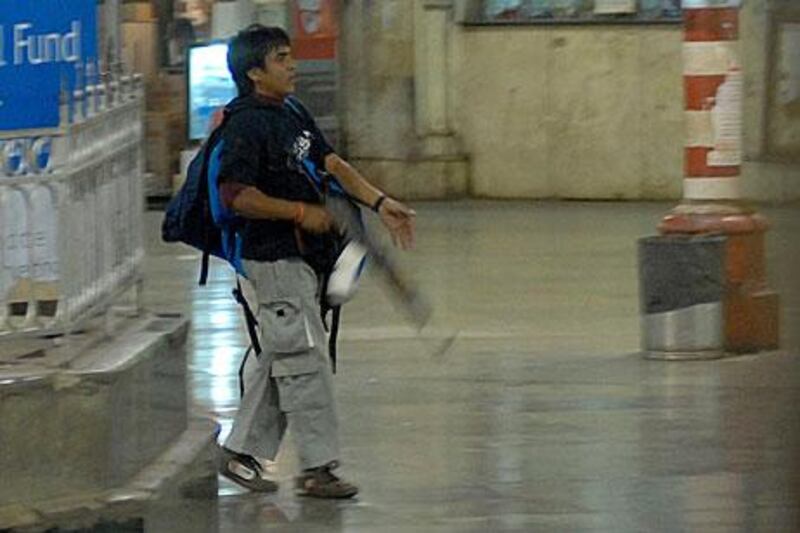NEW DELHI // The supreme court's confirmation of the death sentence for Mohammad Ajmal Kasab, the lone surviving terrorist of the group that attacked Mumbai nearly four years ago, has revived debates over capital punishment in India.
India continues to hand down death by hanging as a punishment in “the rarest of rare cases”, though executions are infrequent. The last prisoner to be hanged was Dhananjoy Chatterjee in 2004. Kasab joins 308 convicts on death row, awaiting an execution that may never come.
Even the fact that the death penalty remains on the books, frustrates opponents of capital punishment, such as Dilip D’Souza, a Mumbai-based writer.
“I’d like to see capital punishment erased not just in effect but also in writing,” Mr D’Souza said yesterday. “The death penalty just bothers me as a rule. I think it’s the sign of the advancement of a society when the death penalty becomes a thing of the past.”
Similar opinions are starting to prevail in the Indian judiciary. In a recent letter, 14 retired judges attacked death penalties handed own by the supreme court, claiming that they had been erroneous verdicts.
But some of those personally affected by the terrorist attacks in Mumbai on November 26, 2008, feel differently.
The attacks, commonly referred to as 26/11, left 166 people dead and more than 300 injured. One of the people slain was Jayakumar Durairaj, a telephone exchange employee from Tamil Nadu who had, according to his brother, Selvan, travelled to Mumbai “for a visit, just to see the city”.
During the course of the trial process, as photographs of Kasab appeared in newspapers, Selvan examined them closely, and concluded that Kasab had displayed no remorse.
“But that’s what terrorists do, they have no heart. He deserved the death penalty,’’ Selvan said.
The recent strengthening of antiterrorism legislation, such as the amendment of India’s Unlawful Activities (Prevention) Act after the Mumbai attacks, calls for capital punishment for those convicted of terrorist activities.
The only recourse now left to Kasab is an official petition to seek a presidential pardon.
Kasab had first been awarded a death sentence by a trial court in May 2010. That sentence was confirmed last February by the Mumbai high court. According to the high court, Kasab was guilty on 19 counts, transgressing the Indian Penal Code, the Arms Act, the Explosives Act, the Foreigners Act, and several others.
After Kasab’s lawyers appealed, the supreme court stayed the sentence last October, to reconsider the sentence.
A two-judge bench of the supreme court heard arguments for two-and-a-half months, during which Kasab's lawyers alleged that he had not received a fair trial.
ssubramanian@thenational.ae
* With additional reporting by Reuters





